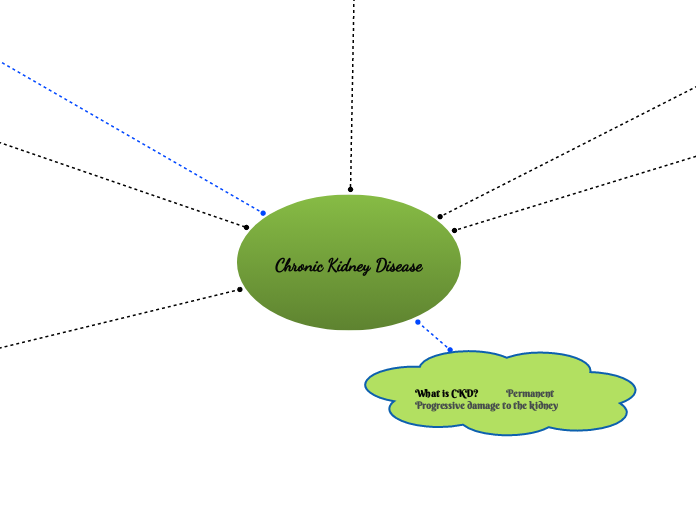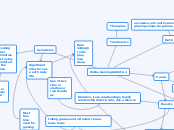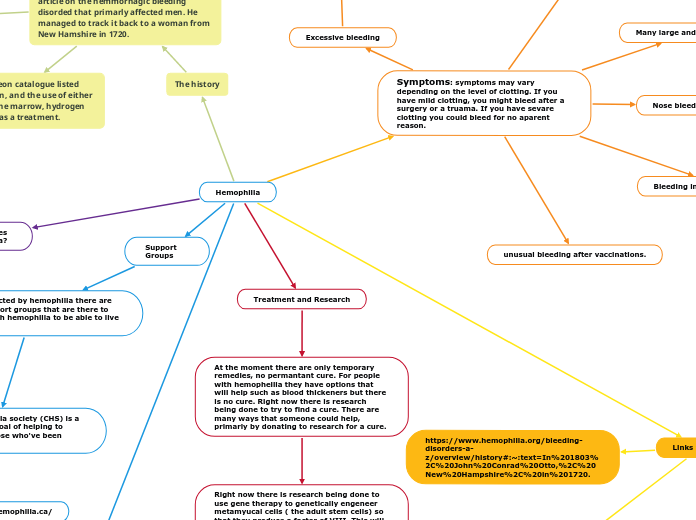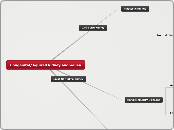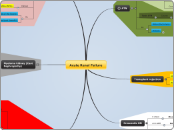Chronic Kidney Disease
Management of CKD
Medical treatment for ESRD
Kidney Transplant
After a transplant, need to take medications for the rest of recipient's life to keep the body from rejecting the new organ.
Surgically placing a healthy kidney form a donor into a recipient's body
Dialysis : artificially removes waste products and extra fluid from blood when kidneys can no longer do this
peritoneal dialysis
A thin tube inserted into the abdomen fills the abodomen cavity with a dialysis solution that absorbs waste and excess fluids. After a time, the dialysis solution drains from the body, carrying the waste with it.
Hemodialysis
A machine filters waste an d ecess fluids from the body
life ryle
limit alcohol and coffee
Avoid NSAIDs and Aminoglycoside antibiotics
smoking cessation
exercise
Physical activity also help controlling hypertension,diabetes, heart disease.
Diet
Low P-
Low K+
Low slat
low protein
A registered dietician can suggest ways to lower protein intake while still eating a healthy diet.
Medication
to protect bones
phosphate binder
Calcium and Vit D Supplements
to relieve swelling
Diuretics
to treat Anemia
Iron supplement
erythropoiesis
to lower Cholesterol level to reduce the risk of heart disease
Startins
Glucose control
glinides
Metformin
insulin
BP control
Diuretics and low slat diet
Angiotensin II receptor blockers
ACE inhibitor
Diagnosis
Chest X ray
to check pulmonary edema
kidney biopsy
check cell damage
kidney scan
check size of kidney
BUN(Blood Urea Nitrogen)
BUN comes from the breakdown of protein in the foods people eat.(normal range :7~2mg/dl)
Serum Creatinine
Creatinine is waste product that is produced from the normal wear and tear on muscles in the body. If the kidney function drops, creatine level increases.(Normal range :0.74~1.35mg/dl for men, 0.59~1.04mg/dl for women)
Urine Albumine
Checks for a protein that passes into urine when the kidneys are damaged
GFR
Common blood test to see how well the kidney are filtering
5 Stages of CKD in GFR(ml/min/1.73m2)
Stage 5
Kidney Failure <15
Stage 4
Severe Damage 15~29
Stage 3
Moderate Damage 30~59
Stage 2
Mild Damage 60~89
Stage 1
Normal Kidney >90
Main Helathy Kidney Roles
Endocrine
Erythropoietin
production of RBC
Renin for RASS(maintain BP)
Metabolic process
Vit D synthesis
control of Ca2+ in blood
glycogenolysis
glycogenesis
gluconeogenesis
Electrolyte balance
H+/Hco3-
Ca2+,Na+ K+ Cl- Mg2+
Elimination of metabolic waste
Toxin
Drug(water soluble)
Creatinine
Urea
Blood PH balance
By Regulating
H+ and Hco3-
Regulation of fluid volume
Regulation of BP
What is CKD? Permanent Progressive damage to the kidney
Symphoms
Uremia
Nausea/ Vomiting
Metalic taste, Ammonia breath
Rash/ severe itchiness
Difficulty sleeping might need med and moisturizer
Anemia
brain not getting enough O2
Dizzines
Trouble concentration
Memory problem
weakness
Fatigue
feeling cold
Less EPO(erythropoietin)
EPO tells the body to make RBC which carries oxygen
Fluid Retention (Extra fluid in the body)
Shortness of Breath(pulmonary edema)
Swelling (legs, ankles, feet face or hands)
Change of Urination
difficulty urination
bloody urine
darker or paler of color of urine
greater or less amount of urine
more or less of frequency
foamy,bubbly
Main Risk Factors?
Ethnicity
Native American
Hispanic
African American
Anatomical abnormalities or inherited condition
Polycystic kidney disease
Age(over60)
Glomerulonephritis
Heart disease
Hypertension
Diabetes
